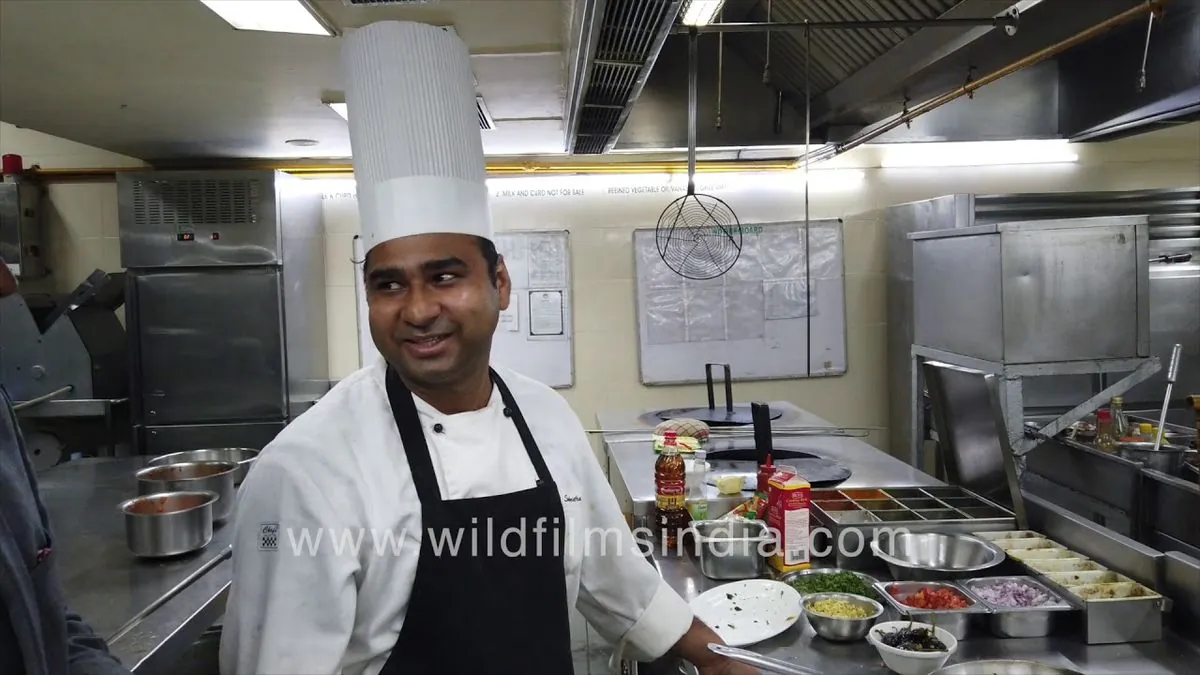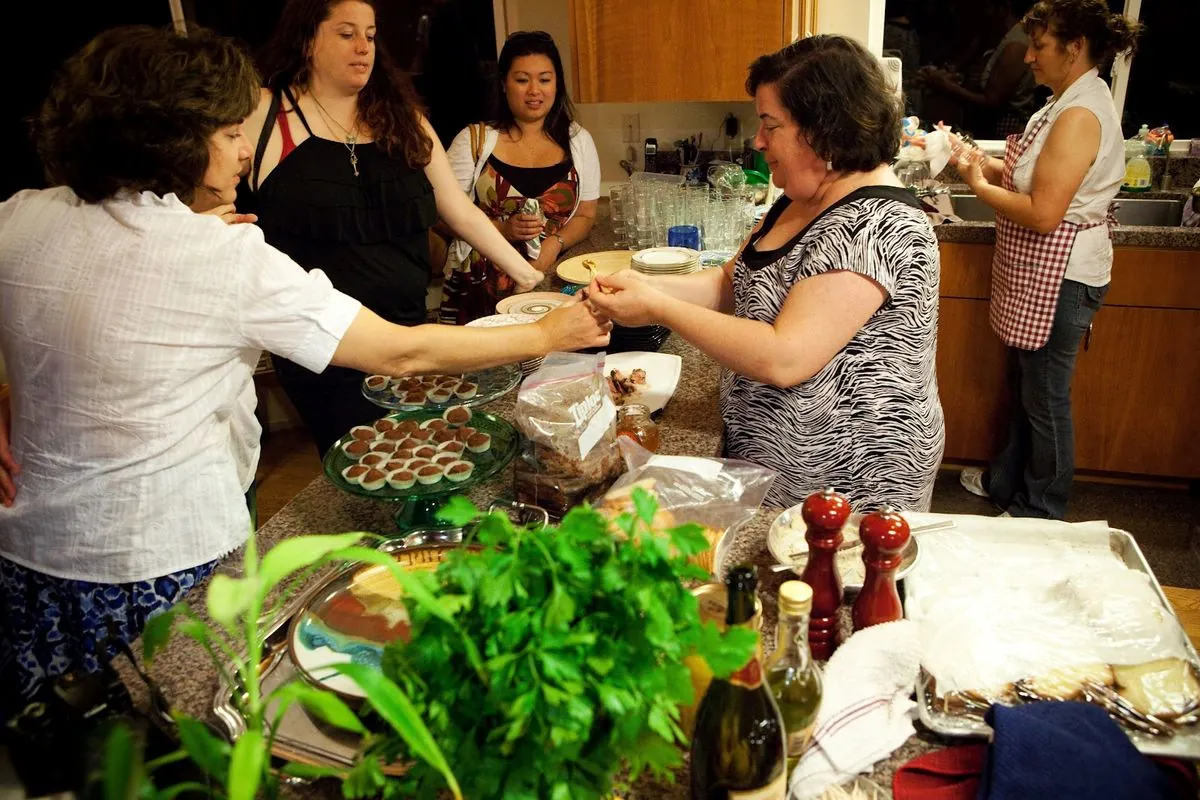Cook at DNC Grapples with Economic Realities Amid Political Promises
A Chicago cook at the Democratic National Convention shares her financial struggles and hopes for economic change. Her story highlights the gap between political rhetoric and everyday economic challenges.

In the bustling kitchen of Chicago's Marriott Marquis, Leah Jordan, a 50-year-old cook, prepares for her shift at the Democratic National Convention. Her day begins with a familiar ritual: checking the expiration date on her milk, a small but significant act that underscores her ongoing financial struggles.
Despite earning $22.75 per hour and having health insurance, Jordan finds herself constantly juggling expenses. Her monthly rent of $650 for a three-bedroom apartment on Chicago's South Side is a rare bargain, yet her car lease payments are nearly double that amount. Grocery bills consume hundreds of dollars, leaving little room for savings.
"More than ever, the nation's leaders should take bolder action to lessen such burdens."
Jordan's experience mirrors the economic challenges faced by many Americans. Over the past four years, as prices for necessities have increased, she has been unable to save money despite earning well above the minimum wage. This situation persists even as inflation has cooled since its peak in 2022, when the United States experienced its highest inflation rate in 40 years.
The cook's story highlights the complex economic landscape that politicians must navigate. While Jordan benefits from "Bidenomics" - having enrolled in a federally funded culinary training course during the pandemic - she still struggles to make ends meet. This dichotomy underscores the gap between political rhetoric and everyday economic realities.

At the convention, Jordan finds herself at the intersection of politics and daily life. As she prepares meals for VIP guests, including potentially the Chicago mayor and Illinois governor, she contemplates the economic messages being delivered on stage. The chants of "Trump is a scab!" resonate through the United Center, the largest arena by capacity in the United States, but Jordan finds more substance in Vice President Kamala Harris's recent statements on price controls.
Harris's plan to outlaw corporate "price gouging" and lower the cost of groceries and prescription drugs has piqued Jordan's interest. However, this approach has faced criticism from economists who argue that factors such as supply chain disruptions and the war in Ukraine have had a more significant impact on prices than corporate profiteering.
As the first woman, first African American, and first Asian American vice president, Harris represents a milestone in American politics. Jordan, who grew up admiring Shirley Chisholm, the first Black woman elected to Congress in 1968, sees Harris's candidacy as significant but complex. She notes the challenges Harris faces, including skepticism about her background and the perceived downplaying of her identity.
The Democratic National Convention, hosted in Chicago for the 11th time - more than any other city - serves as a backdrop for these intersecting issues of economics, politics, and representation. As Jordan navigates her shift at the Marriott Marquis, connected to McCormick Place, North America's largest convention center, she embodies the very voters that politicians are eager to reach.
In the end, Jordan's story serves as a reminder of the real-world implications of economic policies and political promises. As she looks forward to her free lunch of broccoli cheddar soup - a job perk that provides a brief respite from financial worries - the gap between political rhetoric and everyday economic challenges remains stark.


































